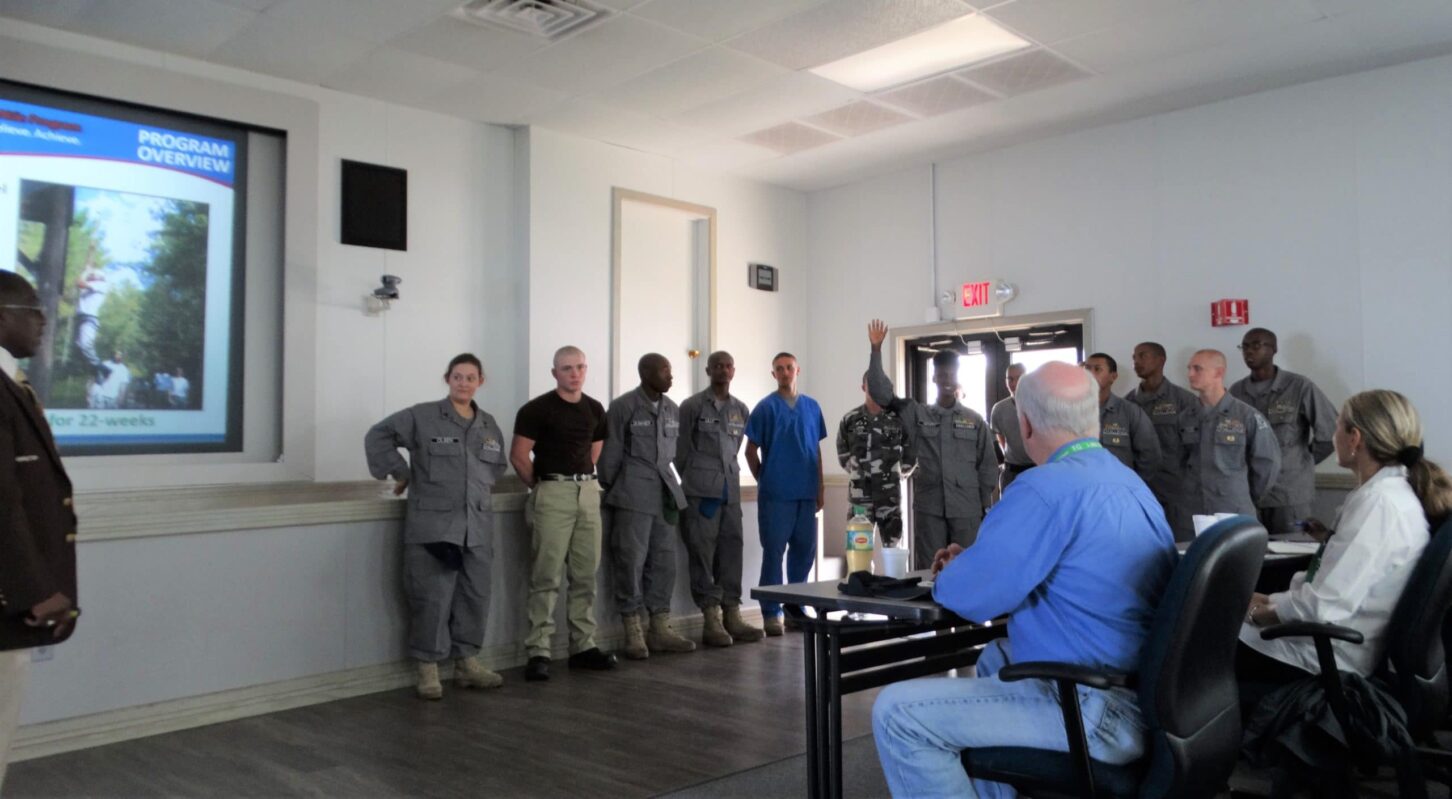
When Site Selection magazine interviewed Georgia Gov. Nathan Deal after the state’s fifth consecutive annual win as Top Business Climate in 2017, a major topic was workforce qualification.
“Our graduation rates have come up considerably, but is graduating from high school sufficient to get you a job?” asked Deal.
He answered his own question: “By and large it is not sufficient. More and more you need some educational skill level beyond high school.”
Not every high school graduate is destined for a college degree; not every student graduates high school with ease. Still, every young Georgian deserves the opportunity to become a productive citizen.
School choice can help families make responsible decisions to meet their student’s educational needs. Creative programs can help students enter the workforce qualified to meet the needs of Georgia’s employers. And policymakers and businesses can help students succeed by tailoring their talents within traditional environments.
One program Deal highlighted in Site Selection is his High Demand Career Initiative, involving 12 categories with job openings and not enough qualified workers to fill those jobs. They include truck driving, welding, nursing and film production staff. The state funds full tuition costs for individuals obtaining credentials in these categories through the Technical College System of Georgia (TCSG) and the Georgia Film Academy.
“Business Takes The Lead” is the title of the education session at the 2018 Georgia Legislative Policy Forum, September 7 at the Renaissance Atlanta Waverly. Education is a consistent component of the daylong forum, which the Georgia Public Policy Foundation has hosted since 2010 to provide state-focused solutions to the challenges Georgia faces. (Other 2018 sessions focus on health care and pension reforms.)
The TCSG executive director for Secondary Education Initiatives, Mark Peevy, will lead a panel discussion on apprenticeships and career academies. Peevy will be joined by Brian Cooksey, director of Operations Training and Development at Shaw Industries, headquartered in Dalton. Among Shaw’s programs is the Great Promise Partnership, which helps high school students earn their diplomas through paid, on-the-job training while emphasizing real-world skills, mentoring and goal setting.

The third panelist is Dr. Roger Lotson, director of the Fort Stewart Youth ChalleNGe Academy (YCA) and 2018 National Youth Challenge Director of the Year. Twenty-five years ago, concerned about a report that declared high school dropouts the greatest domestic threat to national security, U.S. Sens. Sam Nunn of Georgia and John McCain of Arizona formed the National Guard Youth ChalleNGe Program. Today, 40 programs exist in 27 states and territories, turning around the lives of at-risk students ages 16-18 before they end up in the justice system.
The academy’s Job ChalleNGe program, funded by a U.S. Department of Labor grant, provides a supplemental five-month program of occupational skills training for students. The program enrolled 284 YCA students since 2016 and graduated 186, with 96 percent earning college diplomas.
Another panel examines Junior Achievement’s “School Within a School” model. The discussion is led by Patrick Jones, founder of Vocatio, an innovative company that helps students ages 16-24 find their ideal job roles then matches them with employers seeking ideal candidates.
Joining Jones is Callie Majors, Senior Vice President of Brand Strategy and Investor Relations at 3DE Schools (formerly Junior Achievement Academy). This Atlanta-based nonprofit organization is a strategic partnership of school systems, Junior Achievement and the business community. 3DE’s successful – and expanding – school-within-a-school model in metro Atlanta systems “re-engineers high school education to be more relevant, experiential and authentically connected to the complexities that exist beyond the classroom.”
Four-year degrees carry weight, of course. But in a state with an 80.6 percent high school graduation rate, it’s encouraging to know there are companies working to make a qualified workforce their business.
Register here to attend the 2018 Georgia Legislative Policy Forum and learn more; learn about the pension reform and health care reform sessions here.
